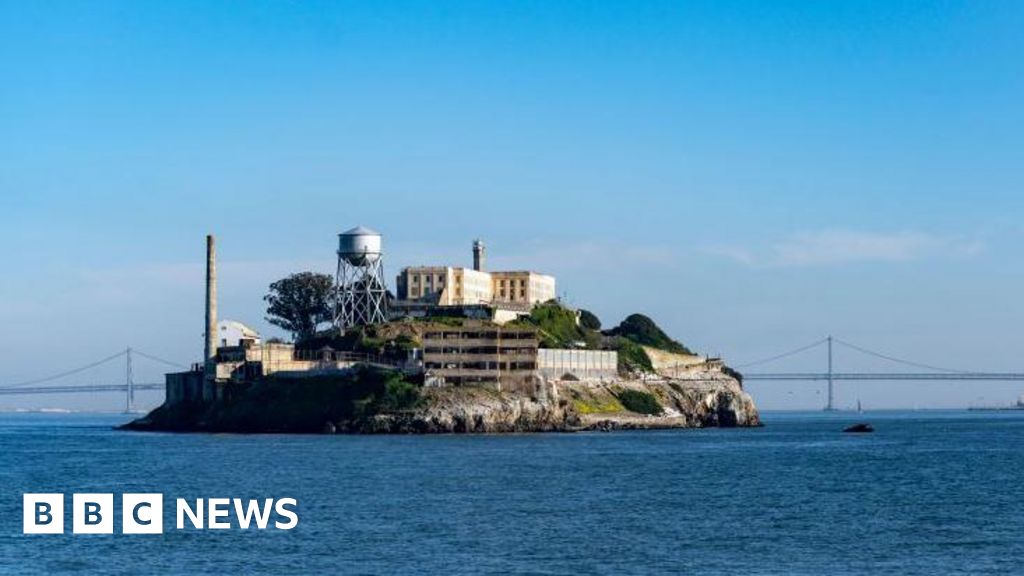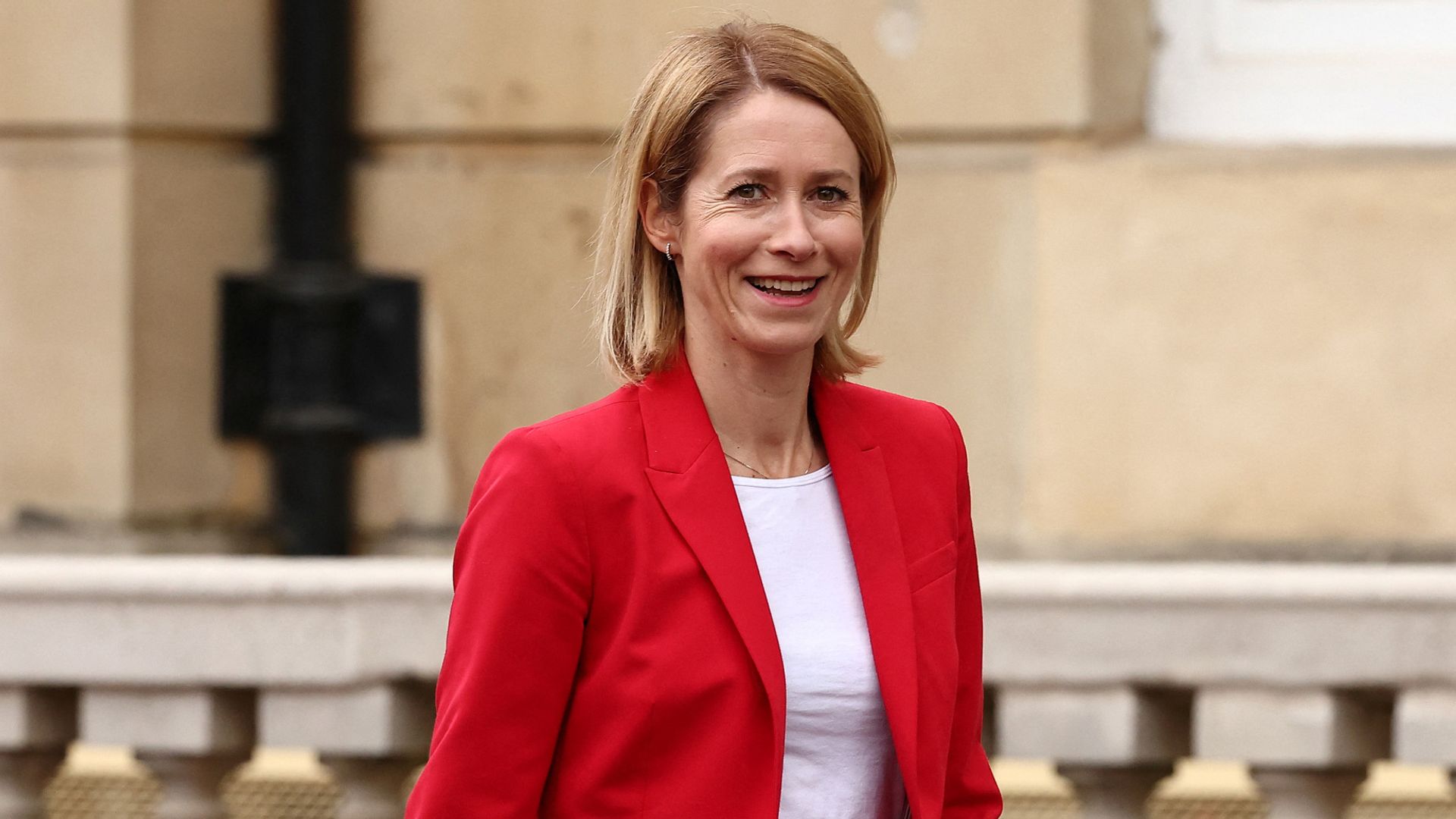Trump orders reopening of notorious Alcatraz prison

President Donald Trump has announced plans to reopen the infamous Alcatraz Island prison, located off the coast of San Francisco. He explained that the move is intended to house the nation’s “ruthless and violent” offenders.
The decision has sparked a wave of controversy, attracting both support and backlash from various quarters. The President made the announcement during his address at a law enforcement conference in Washington D.C., reiterating his administration’s commitment to ensuring public safety.
“America needs to get tougher on crime. We are witnessing a rise in violent offenders who have no regard for the law. It’s time to bring back Alcatraz,” said President Trump. He further added, “Alcatraz has historically housed the most dangerous criminals. By reopening it, we’re sending a clear message that ruthless and violent behavior will not be tolerated.”
Alcatraz, often referred to as “The Rock,” was operational from 1934 to 1963 and housed notorious criminals such as Al Capone and Robert Stroud, known as the “Birdman of Alcatraz.” The prison gained a reputation for being virtually escape-proof, with its rugged terrain and icy surrounding waters serving as natural deterrents.
Since its closure, Alcatraz has become a popular tourist destination, attracting over a million visitors each year who are intrigued by its dark history and tales of the infamous inmates who once resided there. The prospect of the prison’s reopening will undoubtedly impact tourism and the local economy.
Supporters of the move argue that it will act as a deterrent for violent criminals and ensure public safety. However, critics are concerned about the potential cost of the renovation and upkeep of such an old facility. They also question how the move aligns with the ongoing efforts to reform the criminal justice system, which has been focused on reducing prison populations and promoting rehabilitation over punishment.
“This is a step backward,” said Sarah Clarke, a criminal justice reform advocate. “Instead of investing in punitive measures, we should be focusing on rehabilitating offenders and reducing recidivism rates. The reopening of Alcatraz is not only costly but also counterproductive to current reform efforts.”
The American Civil Liberties Union (ACLU) has also voiced concerns, stating that the move could potentially infringe on the rights of inmates. “The conditions at Alcatraz were historically harsh and inhumane,” said ACLU spokesperson, David Cole. “Reopening such a facility contradicts our nation’s commitment to humane treatment and rehabilitation of offenders.”
On the financial front, estimates for the renovation and upkeep of Alcatraz are staggering. The National Park Service, which currently maintains the island as a national park, suggests that the costs could run into the hundreds of millions.
“Alcatraz is over 150 years old, and it has been 58 years since it last functioned as a prison,” said James Richardson, an architect specializing in historical preservation. “Bringing it up to modern standards would be a massive and expensive undertaking.”
President Trump has yet to detail how his administration plans to fund the renovation. However, he assured that the move would be “cost-effective” and that it would create jobs, contributing to the economy.
Despite the ensuing controversy, the President remains firm in his decision. “Alcatraz will be a clear reminder that America is tough on crime,” he concluded.
As the debate continues, it is clear that the potential reopening of Alcatraz has opened a new chapter in the discussion about crime and punishment in America. Whether this chapter will be a constructive one remains to be seen.








